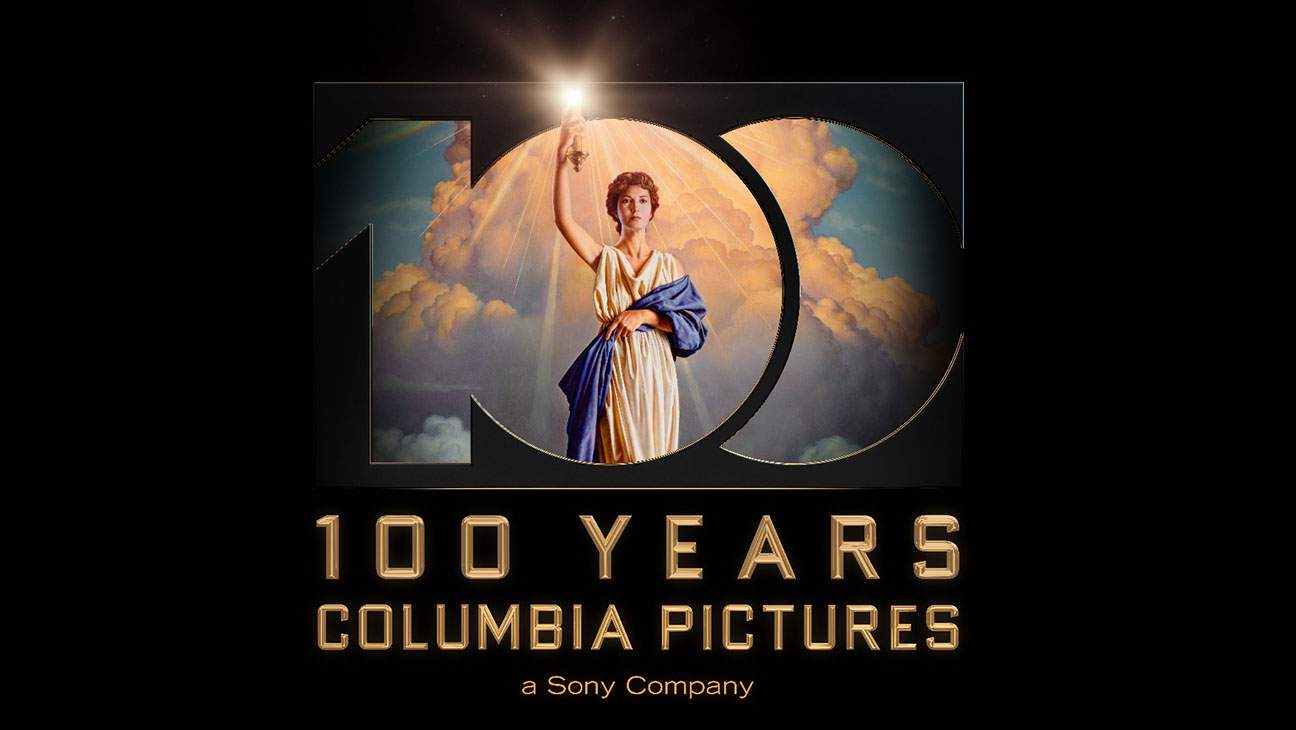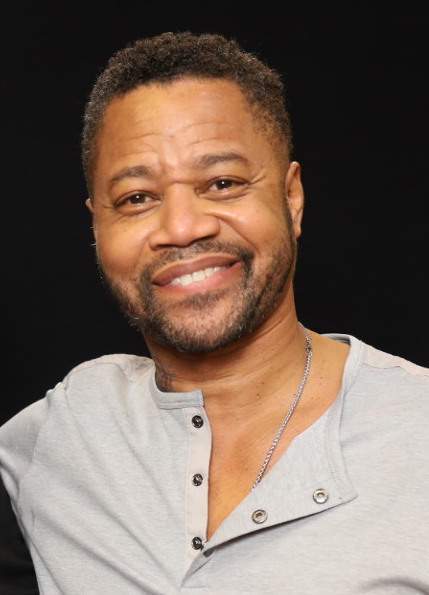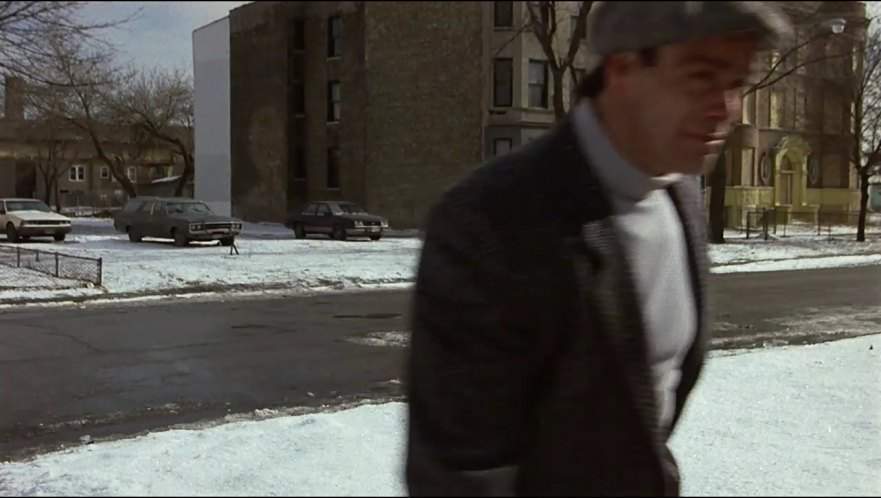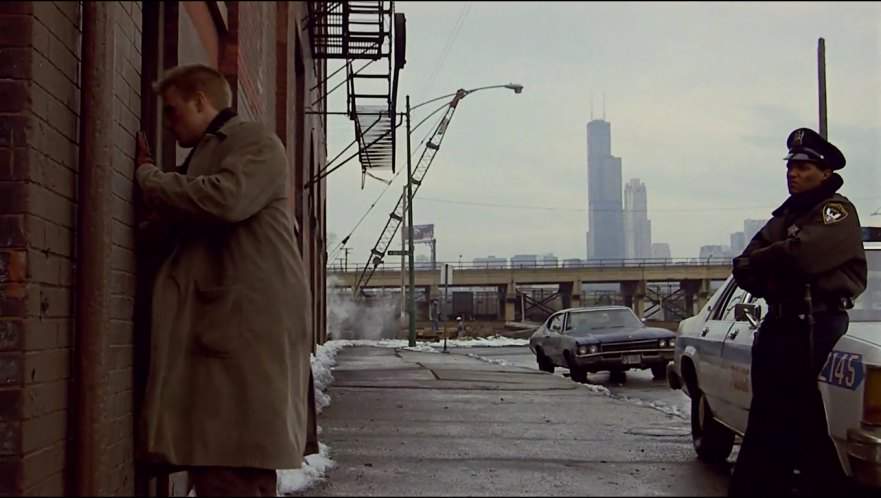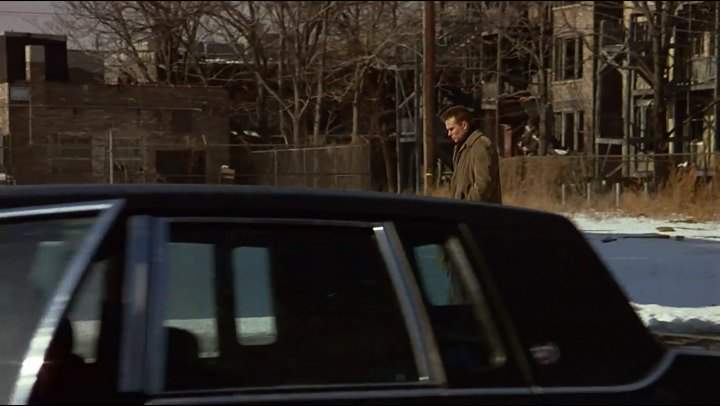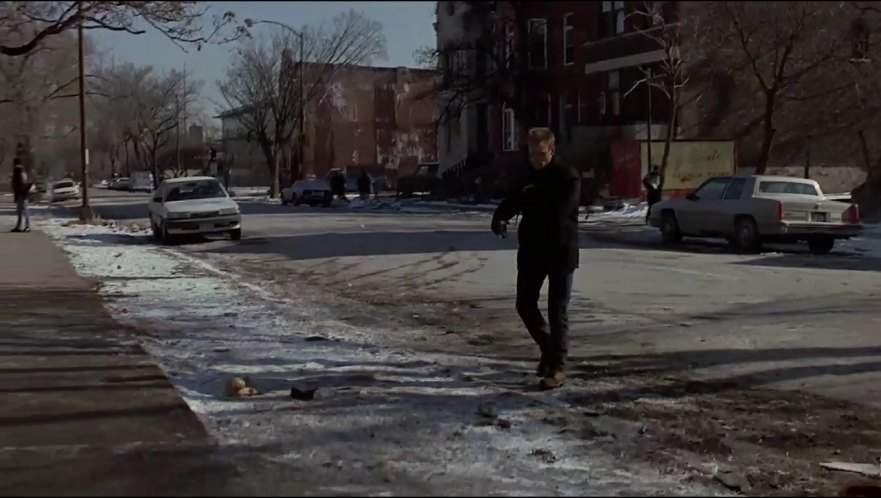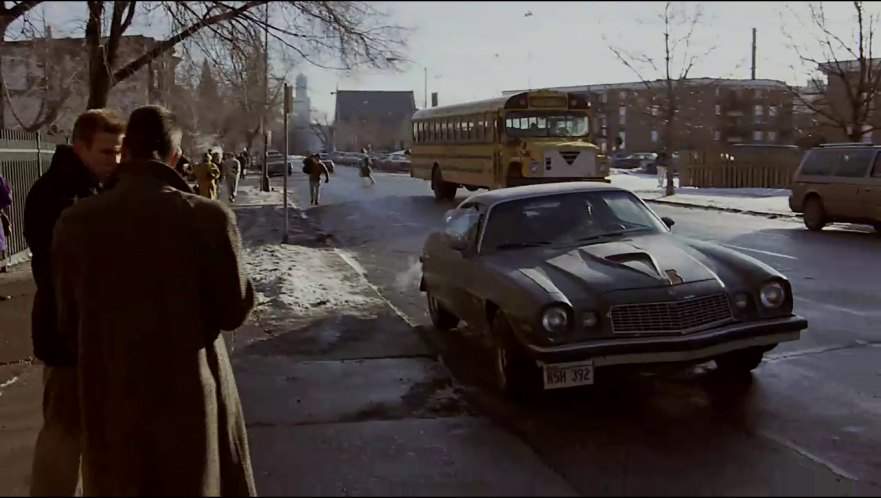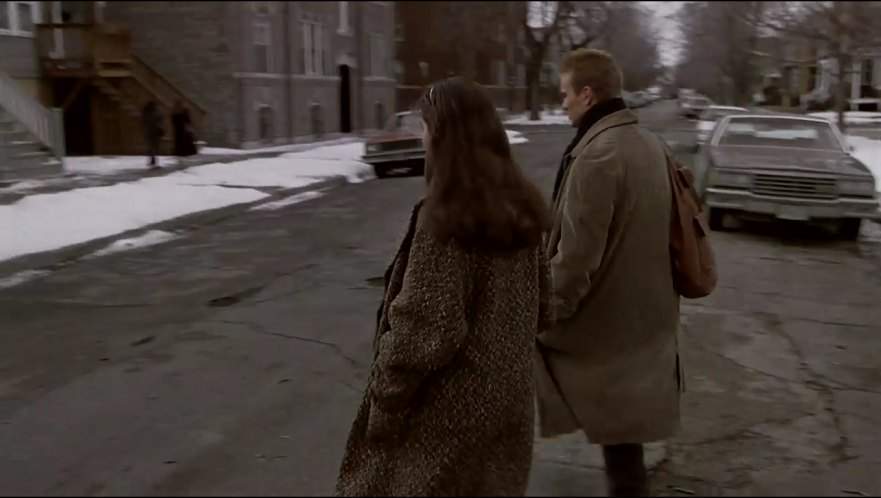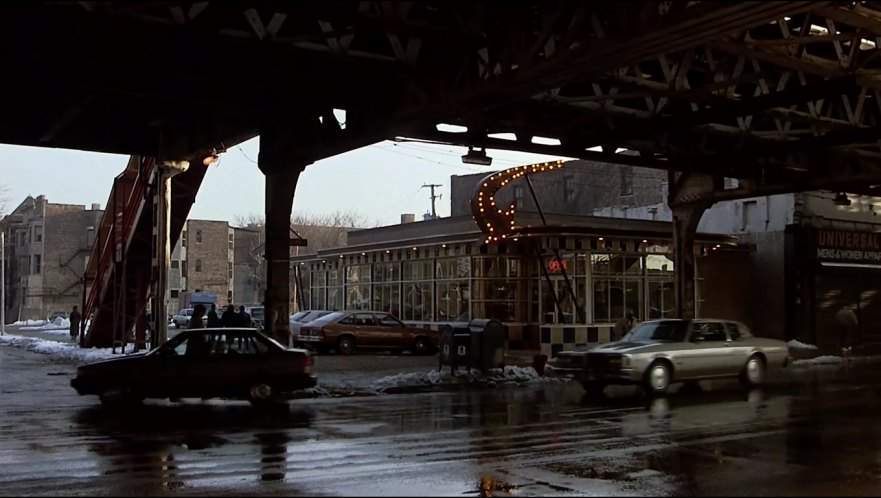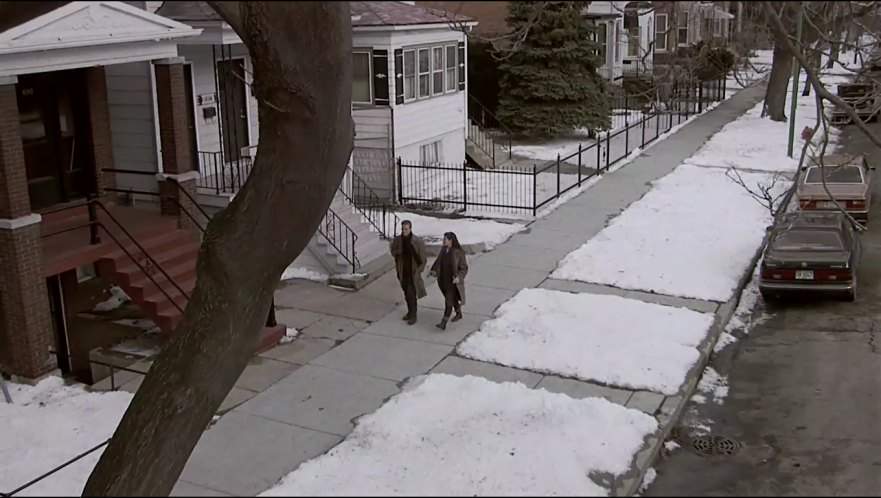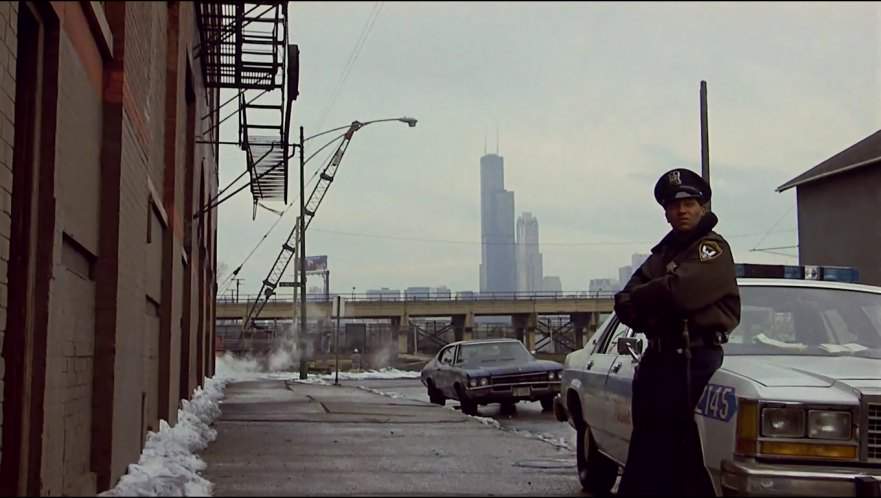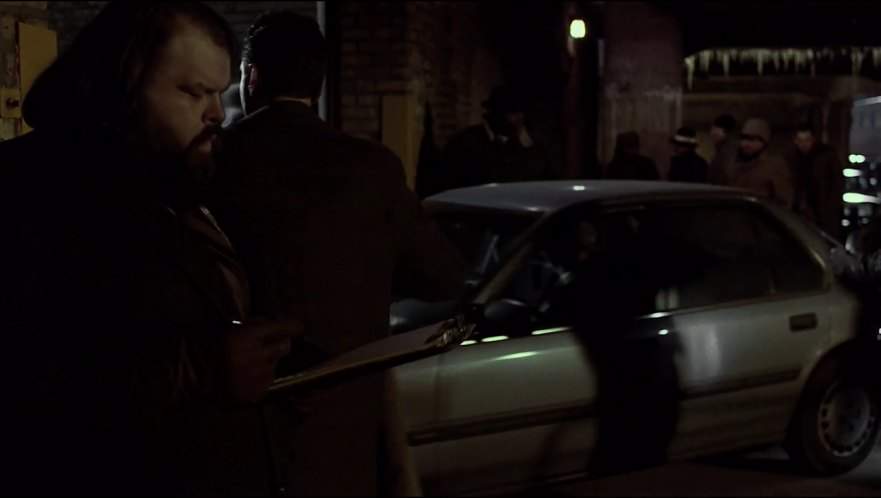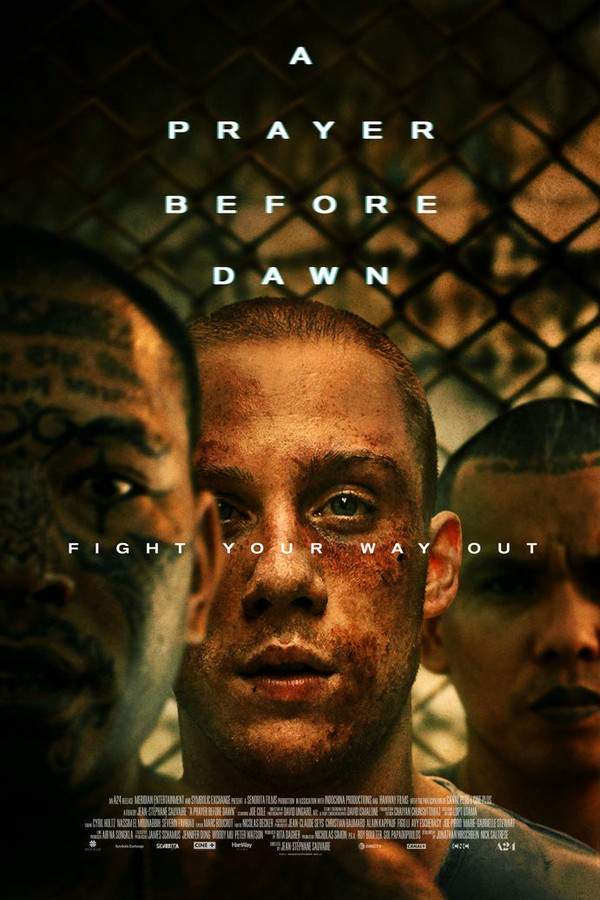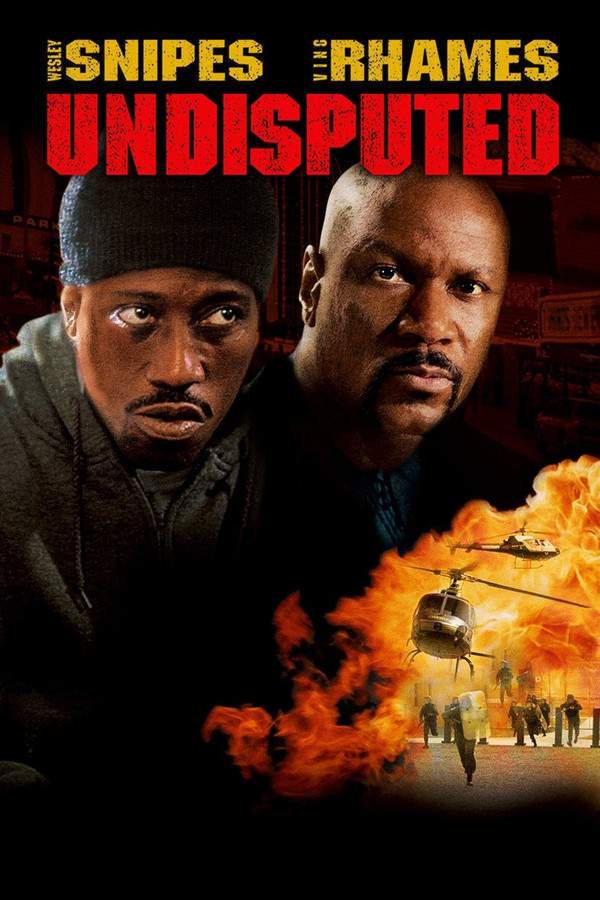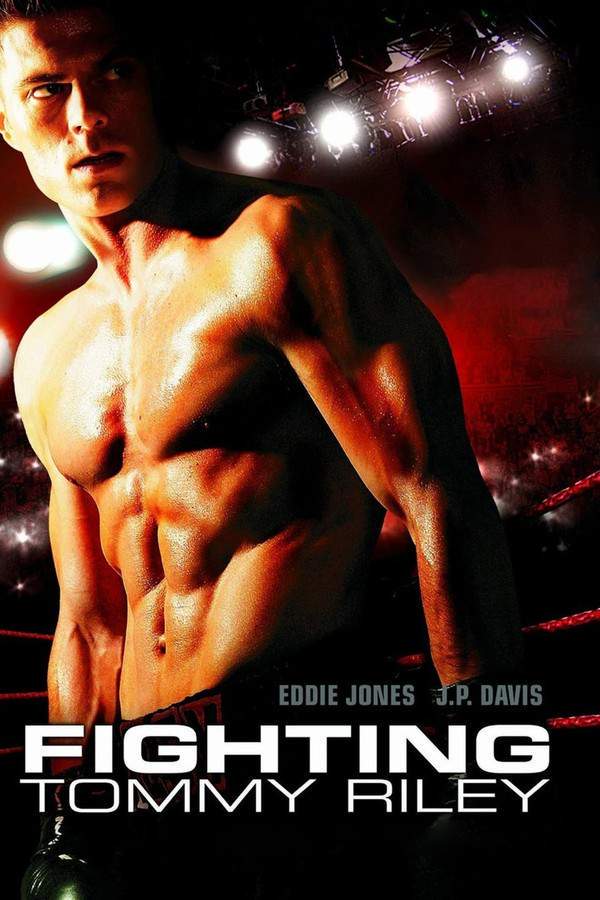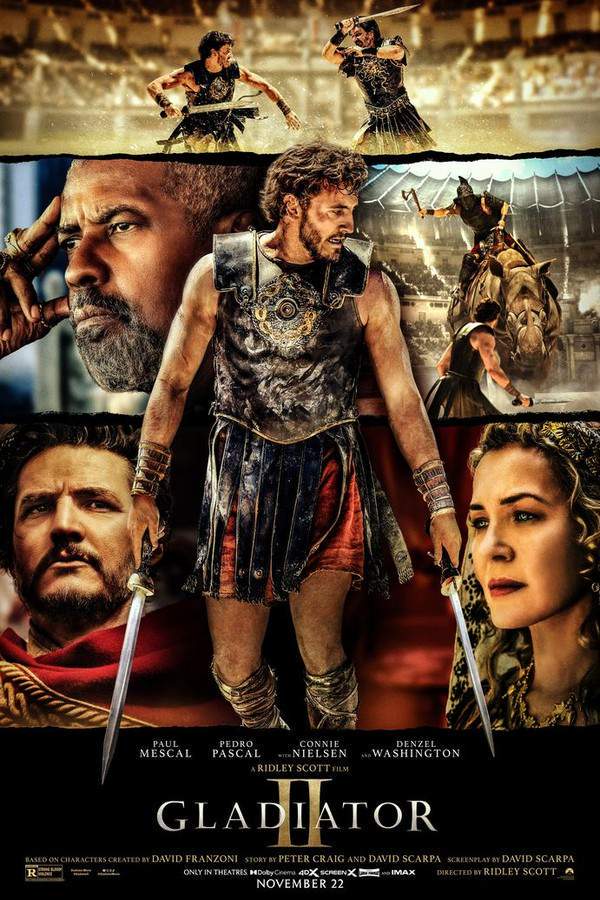Gladiator 1992
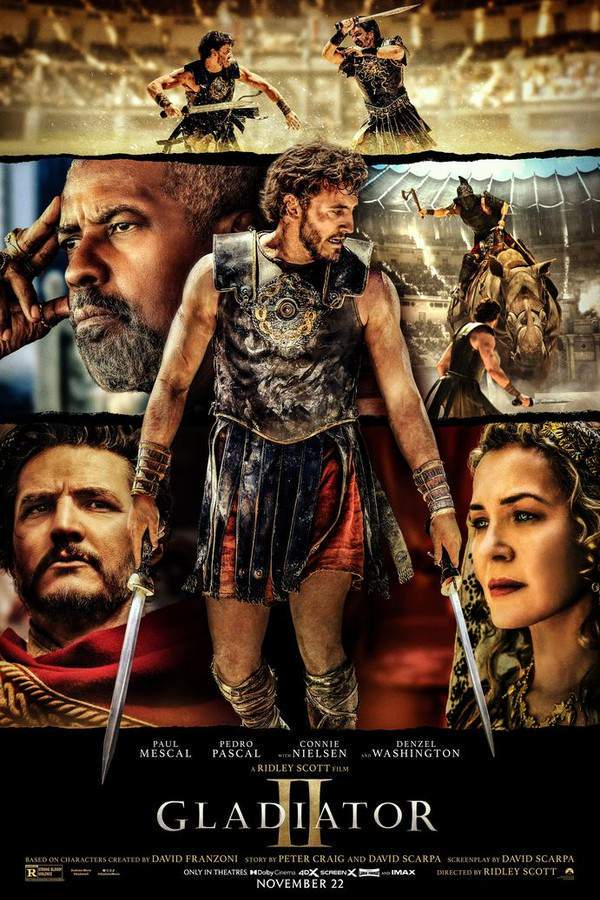
Caught in a street fight, Tommy Riley is drawn into the dangerous and brutal world of underground boxing. To survive, he must face formidable opponents and confront the harsh realities of a sport where a single mistake can have deadly consequences. He battles not only his rivals but also his own inner demons as he fights to find his place in this unforgiving environment.
Does Gladiator have end credit scenes?
No!
Gladiator does not have end credit scenes. You can leave when the credits roll.
Meet the Full Cast and Actors of Gladiator
Explore the complete cast of Gladiator, including both lead and supporting actors. Learn who plays each character, discover their past roles and achievements, and find out what makes this ensemble cast stand out in the world of film and television.
External Links and Streaming Options
Discover where to watch Gladiator online, including streaming platforms, rental options, and official sources. Compare reviews, ratings, and in-depth movie information across sites like IMDb, TMDb, Wikipedia or Rotten Tomatoes.
Ratings and Reviews for Gladiator
See how Gladiator is rated across major platforms like IMDb, Metacritic, and TMDb. Compare audience scores and critic reviews to understand where Gladiator stands among top-rated movies in its genre.

49
Metascore
7.6
User Score

6.5 /10
IMDb Rating

76
%
User Score
Take the Ultimate Gladiator Movie Quiz
Challenge your knowledge of Gladiator with this fun and interactive movie quiz. Test yourself on key plot points, iconic characters, hidden details, and memorable moments to see how well you really know the film.
Gladiator 1992 Quiz: Test your knowledge on the gripping tale of Lucius Aurelius in Gladiator 1992.
What is the setting year of Gladiator 1992?
200 AD
150 AD
250 AD
100 AD
Show hint
Full Plot Summary and Ending Explained for Gladiator
Read the complete plot summary of Gladiator, including all major events, twists, and the full ending explained in detail. Explore key characters, themes, hidden meanings, and everything you need to understand the story from beginning to end.
The narrative begins sixteen years after the demise of Marcus Aurelius, revealing a Rome tainted by corruption and tyranny under the cruel rule of twin emperors, Geta (T.E. Russell) and Caracalla (Cuba Gooding Jr.). The noble vision that Marcus held for Rome is now crumbling, and the city teeters on the brink of disaster.
In Numidia during 200 AD, a passionate young man named Lucius Verus Aurelius (Paul Mescal), who lives under the name “Hanno,” tirelessly tends to the land alongside his loving wife, Arishat (Yuval Gonen). Their peaceful life is abruptly disrupted when they see smoke rising from the nearby gates, signaling the approach of battle. Without hesitation, they don their armor and join their fellow warriors in a desperate stand against the formidable General Acacius (Pedro Pascal) and his relentless Roman legions. Lucius fights bravely, but tragedy strikes when Acacius spots Arishat wielding her bow and commands his men to eliminate her. Arishat is shot with a fatal arrow, plunging into the ocean, while Lucius is knocked unconscious, finding himself caught between life and death. In this liminal state, he watches helplessly as Arishat is guided by the Ferryman into the world beyond, while he is miraculously pulled back to consciousness.
Captured and enslaved alongside the other fallen citizens and soldiers, Lucius is taken away as Acacius triumphantly returns to Ostia, where he is rewarded by Geta and Caracalla. During this encounter, Geta reveals their imperial ambitions to conquer Persia and India, yet Acacius laments the neglect of the plight of the Roman citizens. Dominated by ambition, Geta denies Acacius time with his wife and instead orchestrates grand gladiatorial games at the renowned Colosseum.
Lucius, along with the other slaves, is thrust into the arena governed by the cruel stablemaster, Macrinus (Denzel Washington). Forced to battle feral baboons for the crowd’s twisted amusement, Lucius witnesses the Numidian chieftain Jubartha (Peter Mensah) choose a noble death rather than endure the humiliation. However, Lucius channels his rage into a fight for survival, astonishing everyone when he defeats a baboon by strangling it with his own shackles. Impressed by his raw fighting prowess, Macrinus later paves the way for Lucius to compete in hand-to-hand combat against gladiator trainer Viggo (Lior Raz), which only further fuels Lucius’s desire for vengeance against Acacius.
Meanwhile, Acacius returns home to his wife, Lucilla (Connie Nielsen), and expresses his horror over the loss of life that accompanies the emperors’ insatiable thirst for conquest, prompting the couple to conjure a rebellion with their allies, including Gracchus (Derek Jacobi).
The escalating tension leads Macrinus to introduce Lucius to the glittering but dangerous world of Roman festivities, where he is pitted against another fighter in front of the emperors and Senate members. Though he attempts to show mercy, he is compelled to fight, culminating in a fatal blow to his opponent. When questioned by Geta afterwards, Lucius cryptically quotes Virgil:
“The gates of Hell are open night and day; smooth the descent, and easy the way. But to return, and view the cheerful skies, in this the task and mighty labor lies.”
As the grand gladiator games begin, Lucius, reminiscent of the storied warrior Maximus, runs his hands through the arena’s dirt. He is eventually pitted against the undefeated champion Glyceo (Chris Hallaways), who decimates Lucius’s fellow gladiators while mounted on his pet rhino. However, Lucius valiantly engages in a brutal battle, culminating in Glyceo’s death at his hands, symbolizing a pivotal moment in his evolution as a gladiator.
In the aftermath of the combat, Lucilla reflects on their shared past, the words of Virgil echoing in her mind. She realizes the truth—that Lucius is, in fact, the son of Maximus—and seeks to reconcile with him, though he is initially resistant due to their tragic history. Desperate to help her son, Lucilla approaches Acacius, hoping he can offer support to Lucius during his tumultuous journey.
As Lucius trains rigorously and participates in a naval battle, he leads his fellow gladiators to victory. In an attempted assassination of Acacius, Lucius inadvertently makes a powerful statement against the emperors, further escalating the tensions between him and Geta, who sees this as a personal affront.
Amidst rising rebellions and plots to overthrow the twins, a web of deceit begins to strangle the rulers, highlighted by Macrinus’s growing ambition. Geta’s arrogance leads to a fatal conflict where he meets a devastating end at the hands of Caracalla, incited by Macrinus’s machinations.
As Lucius confronts the reality of his lineage, he receives his grandfather’s ring from Lucilla, symbolizing a long-lost bond and continuity of his true heritage. The stage is set for a showdown, and when Lucius learns he must defend his mother in the Colosseum, he breaks free from his captivity to reclaim not only his destiny but also the freedom of his fellow gladiators.
The arena erupts into chaos as gladiators and soldiers clash, leading to an all-out revolt against their oppressors. In the midst of the carnage, key characters, including Gracchus, fall, while Macrinus seizes the opportunity to execute his power play, resulting in yet further tragedy for Lucius. He is left heartbroken as Macrinus’ vengeance claims Lucilla, just beyond his reach as he navigates the carnage surrounding him.
As the two armies stand poised to engage in battle, Lucius confronts Macrinus in an epic duel. Ultimately, he emerges victorious, but not without burdening the weight of loss and grief. He implores both factions to cease their bloodshed, calling for unity over discord, which resonates powerfully through the air.
In a poignant moment of reflection, Lucius kneels in the arena’s sands, mourning the monumental losses he has endured and whispering to Maximus, honoring his legacy as he seeks hope beyond the darkness that has engulfed his life.
Uncover the Details: Timeline, Characters, Themes, and Beyond!

Coming soon on iOS and Android
The Plot Explained Mobile App
From blockbusters to hidden gems — dive into movie stories anytime, anywhere. Save your favorites, discover plots faster, and never miss a twist again.
Sign up to be the first to know when we launch. Your email stays private — always.
Watch Trailers, Clips & Behind-the-Scenes for Gladiator
Watch official trailers, exclusive clips, cast interviews, and behind-the-scenes footage from Gladiator. Dive deeper into the making of the film, its standout moments, and key production insights.
Cars Featured in Gladiator
Explore all cars featured in Gladiator, including their makes, models, scenes they appear in, and their significance to the plot. A must-read for car enthusiasts and movie buffs alike.
Gladiator Themes and Keywords
Discover the central themes, ideas, and keywords that define the movie’s story, tone, and message. Analyze the film’s deeper meanings, genre influences, and recurring concepts.
Gladiator Other Names and Titles
Explore the various alternative titles, translations, and other names used for Gladiator across different regions and languages. Understand how the film is marketed and recognized worldwide.
Similar Movies To Gladiator You Should Know About
Browse a curated list of movies similar in genre, tone, characters, or story structure. Discover new titles like the one you're watching, perfect for fans of related plots, vibes, or cinematic styles.
Quick Links: Summary, Cast, Ratings, More

What's After the Movie?
Not sure whether to stay after the credits? Find out!
Explore Our Movie Platform
New Movie Releases (2026)
Famous Movie Actors
Top Film Production Studios
Movie Plot Summaries & Endings
Major Movie Awards & Winners
Best Concert Films & Music Documentaries
Movie Collections and Curated Lists
© 2026 What's After the Movie. All rights reserved.


